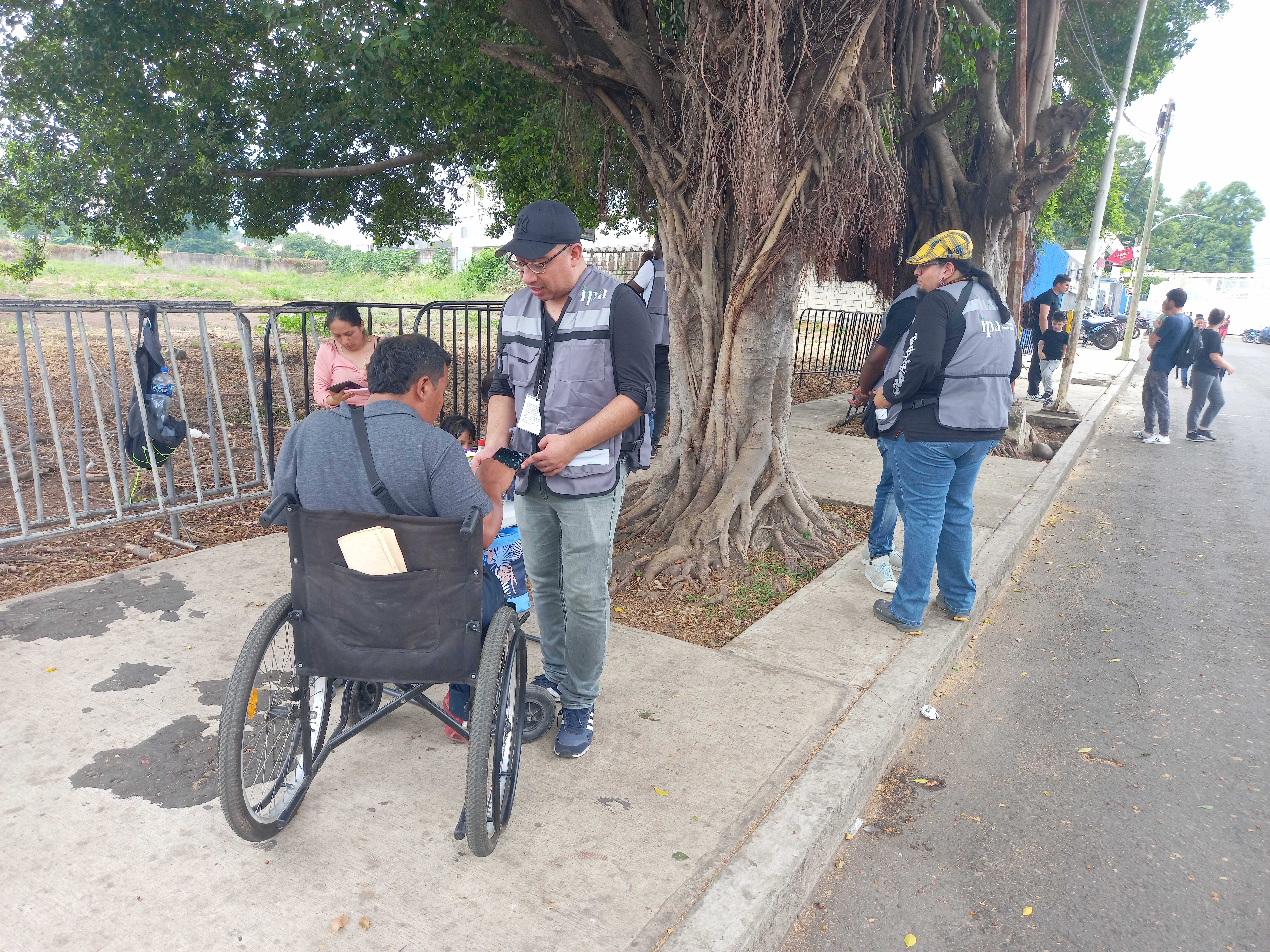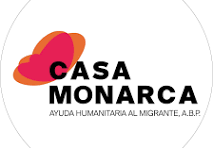Can Information and Social Networks Improve Migrant Safety? Evaluating an Intervention to Reduce Trafficking Risks in Mexico

Researchers partnered with IPA Mexico and Casa Monarca to conduct a randomized pilot evaluation to test whether sharing information via a website and social networks can reduce migrants' vulnerability to human trafficking in Mexico. Giving migrants access to reliable information, particularly through a website, reduced risky behaviors like sleeping on the street by 45 percentage points. However, challenges remained to keep migrants engaged and in contact over time.
The Challenge
Migration through Mexico has increased significantly, with nearly 2.5 million migrating individuals encountered at the southern U.S. border in 2023.1 Many flee violence, poverty, and insecurity in their home countries, facing high risks of human trafficking, especially when crossing borders, using illegal routes, and staying in refugee camps.2 From January to August 2021 alone, about 6,000 migrants were kidnapped or attacked at the US-Mexico border.3 Unfamiliarity with Mexican transportation systems, weather conditions, shelter locations, and legal rights makes migrants' journeys more dangerous.4 These information gaps may contribute to risky decisions and increased exposure to trafficking and exploitation.
The Intervention
Researchers partnered with IPA Mexico and Casa Monarca—a migrant shelter in Monterrey, Nuevo León—to conduct a randomized pilot evaluation of two complementary information resources, testing whether they could reduce migrants’ vulnerability to human trafficking. The interventions involved 406 non-Mexican migrants who planned to leave Tapachula, Chiapas, and had access to a cell phone and WhatsApp. The intervention provided access to a website featuring maps of migrant shelters, transportation guidance, weather information, emergency contacts, and safety tips in both Spanish and Haitian Creole. It also provided access to social network groups (on Whatsapp and Facebook) connecting migrants with others already settled in Monterrey. Participants were randomly assigned to either receive the online resources or serve as the comparison group, receiving only the basic emergency information.
Results
The study found that access to reliable information can significantly improve migrant safety. Migrants with access to the informational website were 45 percentage points less likely to sleep on the streets, a key risk reduction. However, the findings also underscore the challenges in keeping migrants engaged. Maintaining contact with them during their journeys proved difficult, with only 17 percent responding to the endline survey.
Many migrants did not stay connected with the website or social media groups. The website received 53 visits, with 72 percent coming directly through the provided link. Most visitors (80 percent) spent over five minutes on the site, mainly viewing shelter information. While migrants joined the social media groups as directed, few actively participated in discussions.
Policy Implications
These results show that information can help protect migrants, but it must be shared in a way that fits their needs and realities. Finding better ways to deliver important information could make efforts to improve migrant safety and independence more effective.
Sources
1. Freeman, Will, Steven Holmes, and Sabine Baumgartner. 2024. “Why Six Countries Account for Most Migrants at the U.S.-Mexico Border.” Www.cfr.org. July 9, 2024. https://www.cfr.org/article/why-six-countries-account-most-migrants-us-mexico-border.
2. Latham-Sprinkle, John, Fiona David, Katharine Bryant, and Jacqueline Larsen. "Migrants and their vulnerability to human trafficking, modern slavery and forced labour." (2019).
3. Human Rights First, "Biden Administration Embrace of Trump Asylum Expulsion Policy Endangers Lives, Wreaks Havoc," Human Rights First, August 24, 2021, https://humanrightsfirst.org/library/human-rights-travesty-biden-administration-embrace-of-trump-asylum-expulsion-policy-endangers-lives-wreaks-havoc/
4. Latham-Sprinkle, John, Fiona David, Katharine Bryant, and Jacqueline Larsen. "Migrants and their vulnerability to human trafficking, modern slavery and forced labour." (2019).
Implementing Partner













